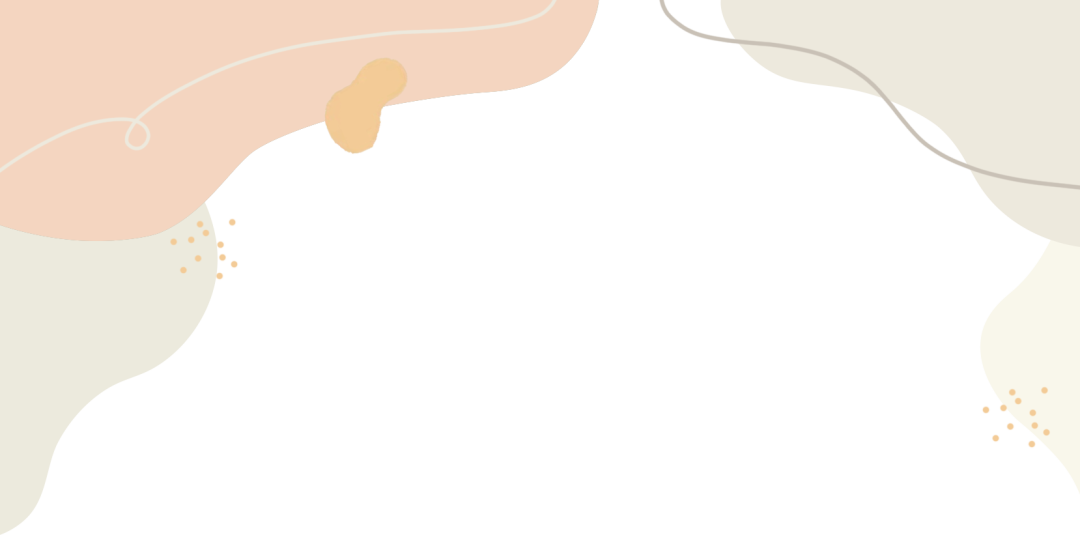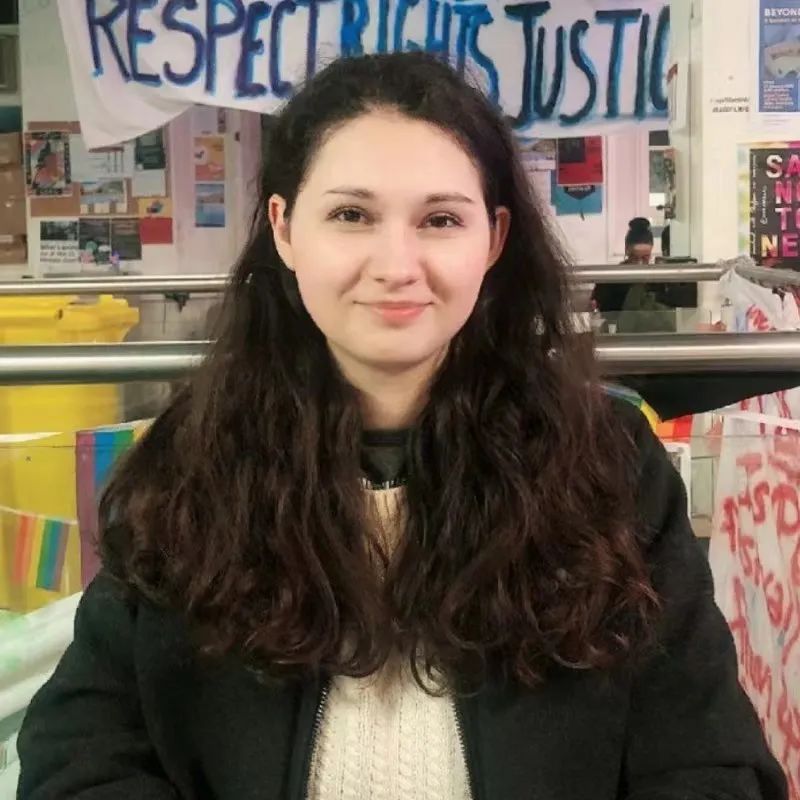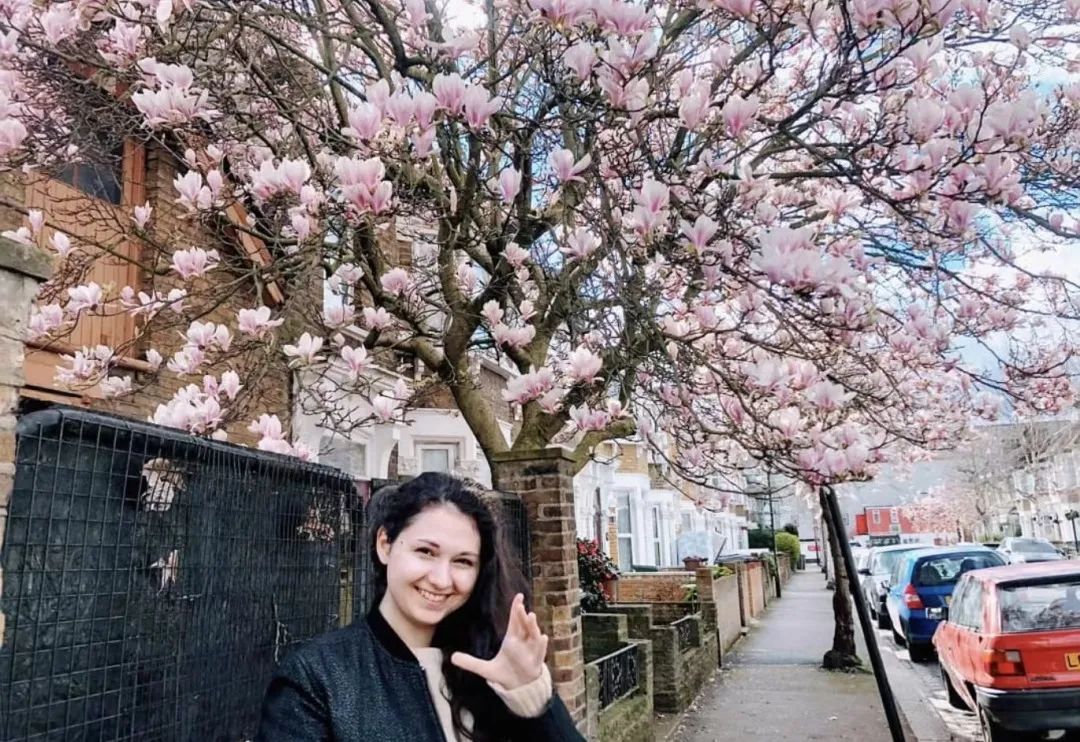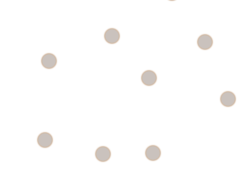
交大“留”声
人物简介

Elena Magdalena Agent,罗马尼亚籍
硕士毕业于伦敦大学亚非学院(SOAS)
人文学院2020级
现代中国研究项目国际研究生
通过APRU虚拟学生交换项目分别于
2021年春季在高丽大学和2022年春季在东北大学进行线上交换
Elena Magdalena Agent, Romanian
Graduate from the School of Oriental and African Studies (SOAS), University of London
International Graduate Student of the School of Humanities, Modern Chinese Studies Program
Virtual Exchange at Korea University in Spring 2021 and at Tohoku University in Spring 2022 through the APRU Virtual Exchange Program


01
Q: Why did you choose SJTU?
A:
There are a few different reasons I chose SJTU. First, the university has an amazing international as well as national reputation, and I knew I wanted to study in an environment that valued and promoted excellence. Second, I knew I wanted to research China’s modern history, and especially the War of Resistance against Japanese Aggression, and I found that the scholars who are staff and faculty in SJTU have produced incredible research in these areas, some of which I cited in my Master’s dissertation for my previous degree. I knew it would be an honor to have them as my professors, and that I would have a lot to learn from them – as well as that the university would have the necessary resources for me to research the topics I was most interested in. Overall, SJTU was the best choice for me both in terms of overall excellence, and in terms of excellence in my specific field and topics of interest.
SJTU is also an exceptionally international university, with very diverse partnerships with other universities both in China and abroad. I knew that I would have the most opportunities for self-development in SJTU. This proved to be true, as I was able to get excellent education in China as well as to take two semesters abroad during my studies through the university’s international partnerships. SJTU’s international outlook and resources have made it the right choice from the very beginning, and all throughout my studies.


02
Q: Through what opportunity did you learn about the Modern Chinese Studies Program? Please talk about your reasons for participating in the program.
A:
I learned about the Modern Chinese Studies program through searching online. I knew I wanted to do a Chinese Studies degree, so I searched for all the options available, comparing them carefully to make sure I chose the best one. SJTU’s Modern Chinese Studies program turned out to be the best choice for me for a few different reasons.
First, this program was the only one, in my year of enrollment in 2020, to offer such a strong humanities focus. While Chinese Studies programs are usually more focused on international relations, SJTU’s program offers a unique blend of history, literature and philosophy, covering both the ancient and the modern period, that was not available anywhere else. As someone who wishes to become a historian, this unique curriculum was invaluable.
The selection of mandatory and elective courses in the program is impressive – it allows quite a high degree of specialization on the students’ personal interests, while maintaining enough general courses to ensure that the student gets a well-rounded education on Chinese humanities as a whole.
For me, this meant that I was able to study specifically the War of Resistance against Japanese Aggression from multiple different perspectives, learning in detail about the impact of the war in China, Japan, as well as in the United States – all while still getting a complete education on China’s five thousand years history, the foundations of Chinese culture and philosophy, as well as the Chinese intellectual thought that was the driving force behind the events of the 19th and 20th centuries.
SJTU’s Modern Chinese Studies program is the only one I could find that offered this exceptional degree of personalized research combined with a well-rounded background education on Chinese humanities. It was, without doubt, the best choice.

03
Q: What was your favorite course of the program? How do you feel about studying at the school of Humanities? What’s your largest gain of studying here during these years?
A:
Studying in the School of Humanities has been an incredible experience. It’s difficult to choose only one favourite subject, so I would like to choose one from each discipline.
From history I would choose my supervisor Dr. Yang Chan’s course “Memory: A New Approach to Understanding China’s 20th Century history”. It was impressive for its fascinating introduction to applying methodologies from psychology to historical writing, its exceptionally diverse content covering numerous aspects of China’s 20th century history, and the attention it gave to aspects of China’s history that are less talked about, such as overseas Chinese. As someone who wants to become a war historian, this course has been invaluable for the development of my understanding of China’s experience throughout the 20th century as shaped by the wars she had to face. I am certain that my future career wouldn’t be the same without it. I am extremely lucky to have had the chance to learn from Dr. Yang, given her experience as a scholar that challenged established Western academic views on Chinese history and singlehandedly changed my way of thinking about the way we talk about China’s war on an international scale.
From literature I would choose Dr. Han Lei’s course “An introduction to Chinese Literature in the 20th century”. The topics covered in the course were exceptionally diverse, and it gave me a completely new perspective of China’s experience and role in the world in the 20th century. A particularly unforgettable experience for me from this course was learning about the intellectual foundations of the Chinese Communist Party and the experiences of Chinese Communists throughout the decades following the founding of the Party – and learning that this is a topic that is extremely fascinating to me, and that has become something very meaningful and personal to me. I had the chance to write my final paper in the course on the turn of Chinese leftists towards Marxism Leninism between the late 1920s to 1930s, which was not a topic I get to explore very often due to my specialization on war history. I am very happy I had the opportunity to discover my love for this subject and explore it in the class coursework. This topic has completely changed my views about the development and meaning of China’s political ideology throughout the 20th century, and helped cement my view of China and my personal love for China moving forward.
From philosophy I would choose Dr. Wu Yun’s course “Moral and Political Philosophy”. The comparative approach of the course, inviting students to reflect on differences in Western and Chinese schools of moral and political philosophy, was exceptionally engaging, giving us a lot of space to bring our own life experiences and understanding of the topic at hand into the class discussion. This approach made it impressively easy to learn to work with very difficult and abstract philosophical concepts, covering numerous schools of Chinese philosophy in a short time, while giving us enough time and space to engage in depth with each of them. During the course we were introduced to a lot of recent, arguably revolutionary research. Some that is unforgettable to me is a discussion of the applicability of traditional concepts from Chinese philosophy to international relations theory. Knowing that the field of international relations is widely dominated by Western theories and methodologies, it was fascinating to me to learn that a new international theoretical framework could potentially be based on concepts from Chinese philosophy. This made me think much beyond just the class I was studying for, and more about the field of Chinese Studies as a whole, and the implications of our research for the decolonization of academic methodologies across different fields.
Even outside of the classroom, the School of Humanities provided incredible resources. I had the opportunity to talk to scholars and students affiliated with the Tokyo Trial Research Center, a unique feature of SJTU, which vastly enriched my understanding of my research topic, China’s War of Resistance against Japanese Aggression. Through conversations with classmates as well as faculty I learned a lot about the war trials in both Japan and China, and gained a lot of new insights into my area of focus that ultimately helped me grow a lot as a researcher.
Overall, my experience in the School of Humanities is most valuable for the way it taught me to be a better scholar. Every professor was extremely willing to help at every step, offering me generous feedback based on their years of experience, and access to invaluable resources from their own many years of work. Through every class, every paper, every tutorial, every written feedback, I learned more about how to be a better researcher and eventually a better historian. The leap between how I was in the beginning of my degree and how I am now sometimes still leaves me speechless. I am infinitely grateful for the help of everyone from the school, for giving me the preparation I need for a successful career as a historian.

04
Q: Please talk about the most unforgettable experience while you are studying in China.
A:
There were many amazing moments during my time studying at SJTU, but if I was to choose one that is the most unforgettable, I would choose the first time I stepped into a physical classroom in SJTU. Having started my studies in 2020, I spent the first two and half years of my degree studying online, never having seen the university campus in person. I eventually came to China in 2023, being given the chance to work as a Teaching Assistant in the Spring Semester. This meant that the first time I ever stepped into a SJTU classroom, I entered the classroom as a TA, not just as a student – and a TA for a course I found quite challenging when I took it as a student.
I think this experience, and the feeling I had back then, best exemplifies my experience in SJTU – an experience of growth and of opportunity, of evolving from a shy student challenged by a difficult course, to a Teaching Assistant helping other students understand the same course themselves. SJTU helped me grow and develop, challenging me at every step, helping me become the best version of myself, and encouraging me to help others along the way. I will never forget the feeling I had when entering that classroom, realizing that after years of a global pandemic, facing endless struggles, my degree has still taught me so much, and helped me grow so much.

END
来源 |人文学院国际化办公室




